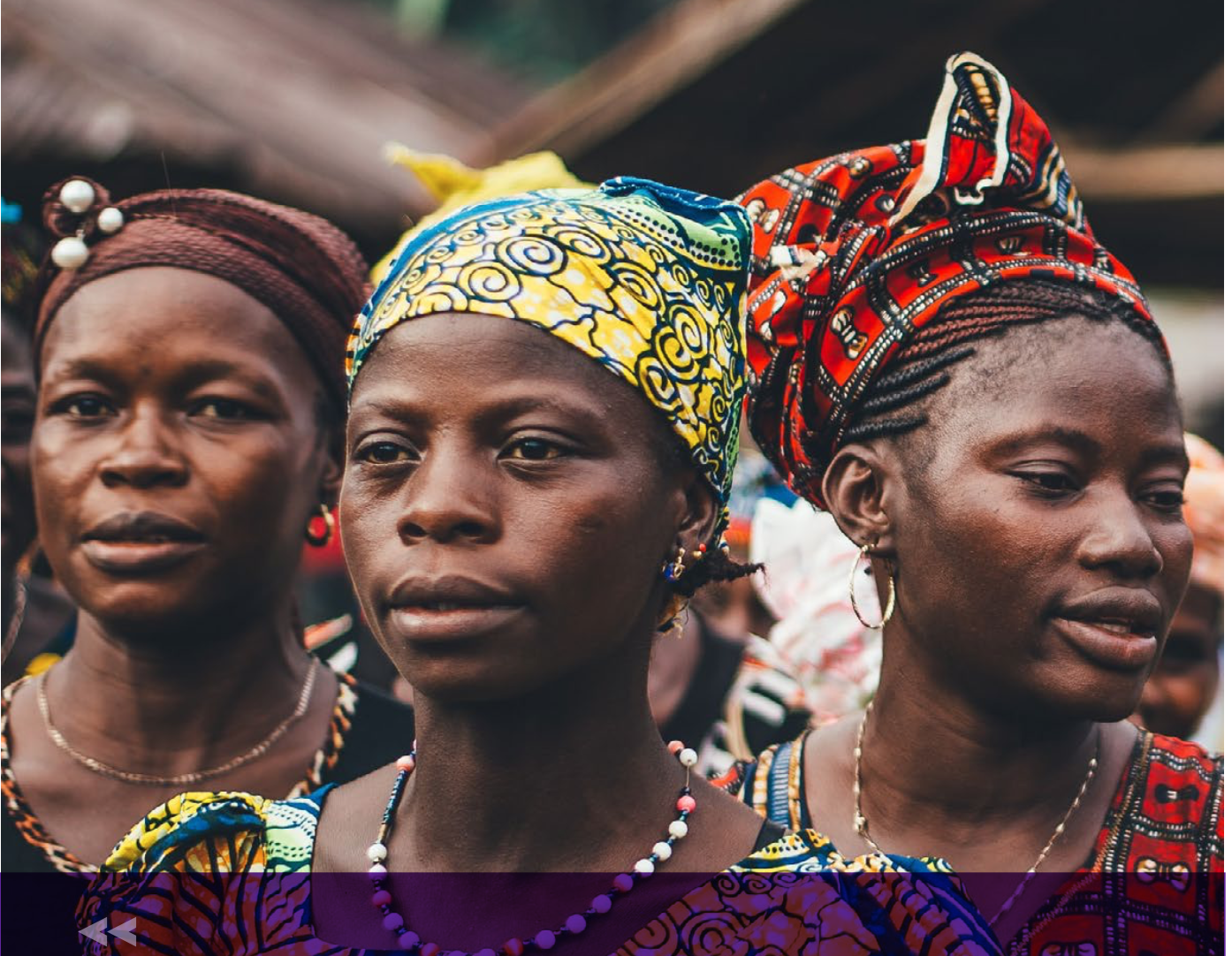
Written by: Dinnah Nabwire, Knowledge Management Specialist, AWDF
Brief following the launch of the report Women and NCDs in Africa: Mapping the scale, actors and extent of rights-based work to address the impact of NCDs on African women.
Many people think that non-communicable diseases (NCDs) disproportionately affect men and richer populations especially those in the Global North. However, research shows that NCDs are increasingly becoming a leading cause for death and disability among women in low- and middle-income countries, disproportionately affecting those in the lowest socioeconomic groups, with direct negative implications to development, human rights and social justice.
Professor Ana Mocumbi, the co-chair of The Lancet Commission on NCDs and injuries, made these observations during her keynote address at the AWDF launch of the report Women and NCDs in Africa: Mapping the scale, actors and extent of rights-based work to address the impact of NCDs on African women during a virtual event at the Women and Girls Africa Summit.The report which is available in both English and French is a compilation of findings from a continent-wide study in all 54 countries to assess the scale and key gendered concerns around NCDs with a focus on cardiovascular diseases, diabetes, cancers, chronic respiratory diseases, and mental health. It also maps key actors and the extent of rights-based work on NCDs in Africa. An executive summary of the report is also available in both English and French and provides a synthesis of the key findings.
Click here to read the post-session article.
